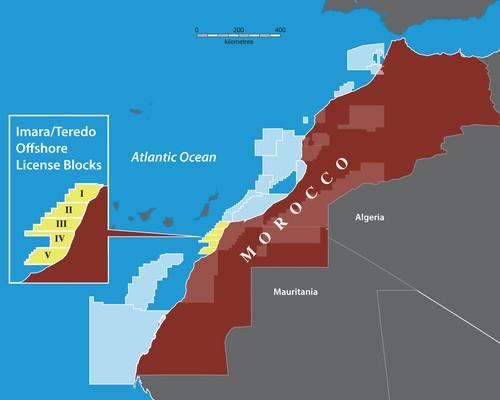Don’t blame the experts who didn’t see the Arab Spring coming.

Blake Hounshell is right (“Dark Crystal,” July/August 2011) that “experts,” including myself, failed to predict the Arab revolutions. However, there are a few nuances that may make us appear less inept.
First, any revolution, as Charles Kurzman correctly notes, is a low-to-moderate probability event in any given year. We can do a very good job distinguishing more unstable states from very stable ones, but we can’t always say which state or states will have a crisis next year. Similarly, a doctor may be able to say that patients who are overweight and have high blood pressure are at a much higher risk of having a heart attack, but can’t know which patient is going to have a cardiac episode in the coming year.
More importantly, our forecasting models are capable of being adjusted in response to events. Once the Tunisian revolution occurred (unexpectedly!), we were able to look more closely at conditions in neighboring states and change our forecasts to anticipate a breakdown of order. We were much better able to anticipate the rebellion in Libya, and my May/June Foreign Affairs article, which was originally drafted and circulated at the beginning of March, correctly anticipated the Syrian uprising that began on March 15. It also correctly forecast that the monarchies in Morocco, Jordan, Oman, and Saudi Arabia would remain far more stable than the personalist dictatorships in Tunisia, Egypt, Libya, Yemen, and Syria. So while we may have missed the first onset of events, our analysis was still helpful in other respects.
It would be ideal if everything in the world of politics were nicely predictable. But we are still far from being able to say exactly when and where one will strike.
JACK A. GOLDSTONE
Professor of Public Policy
George Mason University
Arlington, Va.



